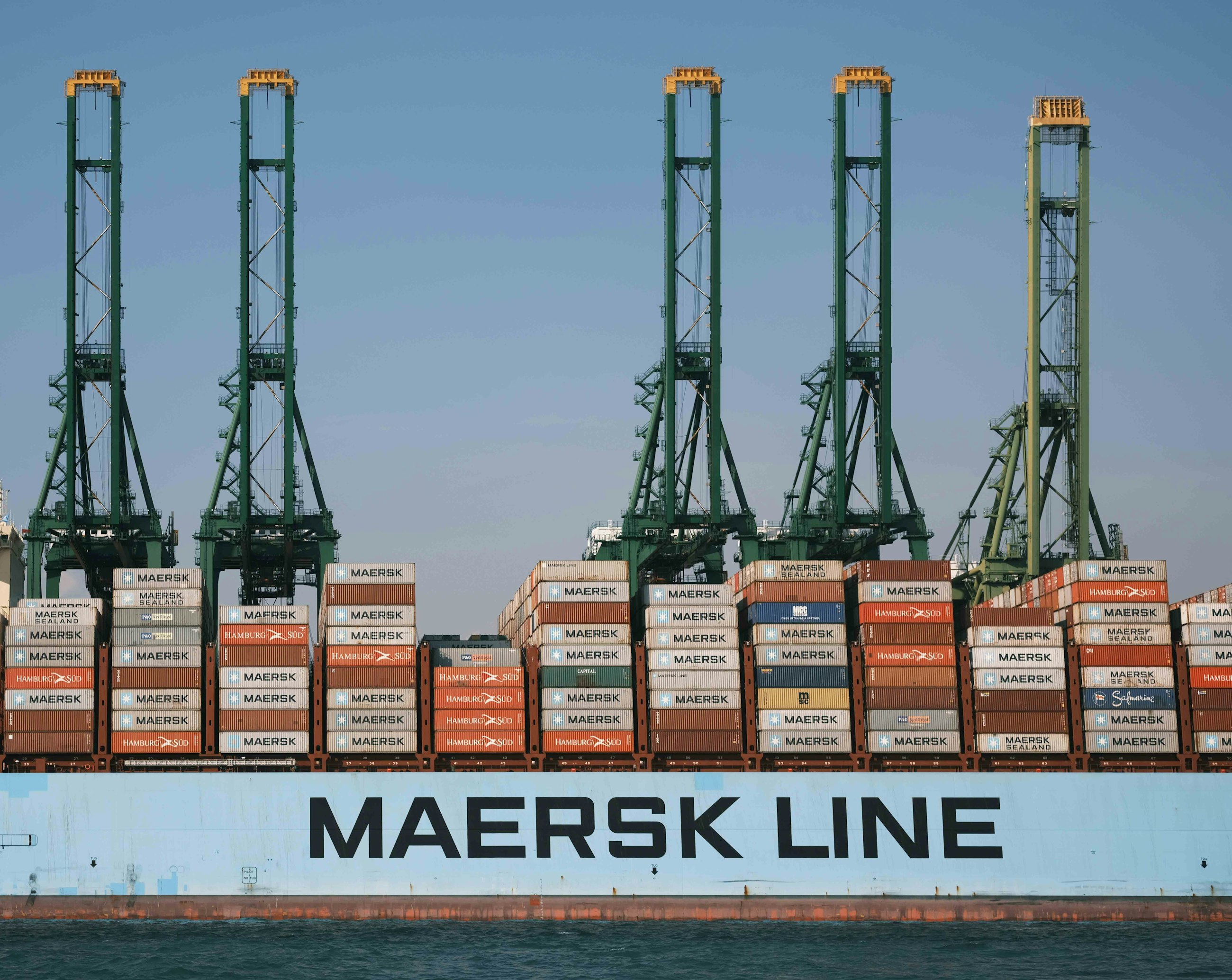Maersk Line and Implement Strategy
19 May 2021
Fuelling the strategic transformation of Maersk Line by building a global capability for making and executing better strategic choices.
As international trade expands and global supply networks consolidate, the need for seaborne transport of goods increases. The container’s basic simplicity and modularity has made it an obvious choice for transport of many goods. Despite rising environmental concerns, container shipping is quite simply the most cost-effective and environmentally friendly way to transport goods overseas. In 2018, 7.8 billion tons of dry cargo were shipped globally.
While consumers across the world have benefitted tremendously as the cost of transport has dropped, the container transport industry has struggled to return its cost of capital. The combined forces of intense competition, changes in trade flows, geopolitical instability, digital disruptions, changing customer demands and growing environmental concerns have made it difficult to remain profitable. Only a few players have found a sustainable path to value creation.
One such key player is Maersk, which has embarked on a journey to become a provider of end-to-end logistics solutions that help container customers manage their global supply chains. While big shifts and major strategic choices are required at the corporate level to set the course towards the vision, Maersk knows that every strategic decision counts in the fight for profitability. Succeeding with the transformation and standing out as the market leader is not the result of a few big strategic moves at the top alone but rather the sum of all strategic decisions made across the company.
The realisation that every strategic decision counts made Maersk look for a new approach to making better strategic choices. Looking closer at the global commercial team a few years back, it became evident that while having highly skilled professionals, there was no common way of approaching strategic decision-making and no best practice for making great choices. This observation led to the design and launch of Maersk Line’s highly ambitious Global Commercial Academy and a new approach to building commercial capabilities.
The solution
The core idea behind the transformation was to build sustainable and scalable commercial capabilities across the organisation – both within specialised areas such customer insights, revenue management and pricing and across foundational areas such as strategic decision-making and problem-solving. That way, Maersk Line saw the potential for harvesting the best of two worlds: deeper functional expertise and a world-class approach to cross-functional strategic decision-making.
A cornerstone was the design and development of a best practice framework for making strategic decisions. The design was intentionally made simple but scalable. Simple to ensure that the common approach to decision-making would be systematically applied across many levels of complexity. Scalable to ensure that even faced with the complex decisions and challenging issues, the framework would support better decision-making and help shorten the odds of success.
The framework was developed based on the best of classic strategic analysis, modern design thinking and infused with insights from advanced behavioural sciences and the lean startup movement. That way, Maersk was able to launch a new modern approach to making better choices that was fit for the future. Key elements included a new approach to framing and analysing strategic issues, an innovative way of designing and prototyping potential choices, a scientific and fact-based methodology for stress-testing choices and a systematic approach to staying agile while implementing choices. Everything put together in a simple yet scalable methodology.
To put the efforts into perspective, more than 1,000 leaders and employees were trained in less than a year. In-depth face-to-face trainings, virtual lessons, hands-on case work, inspirational sessions, systematic impact tracking and a global knowledge hub were all part of the massive capability-building efforts. Further, a global team was tasked with ensuring long-term sustainability.
At the end of the first year, a +30% increase in capability maturity level was measured across all dimensions of making great strategic decisions, and participants across the globe highly appreciated the relevance of the capability-building efforts with consistently record-breaking feedback scores.
Maersk Line’s decision to invest massively in building capabilities at scale stands out as a guiding star for other companies. As the world continues to become more uncertain and volatile, the need for fast and timely responses to emerging strategic issues grows. Everything cannot be handled at the top of the organisation. We need to get more agile, distribute responsibility and empower strategic choice-making broadly.




